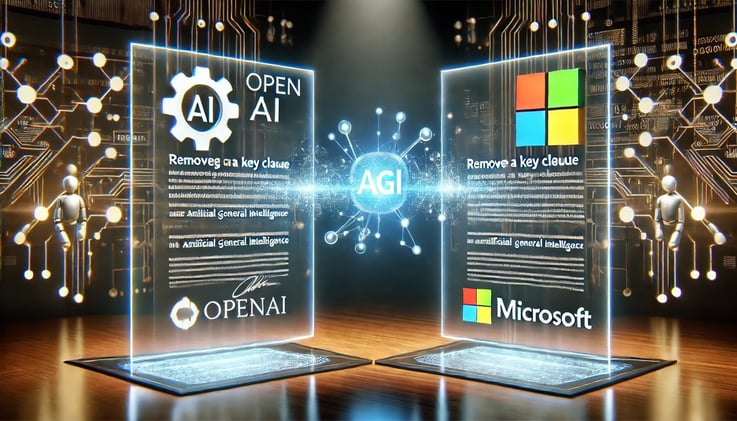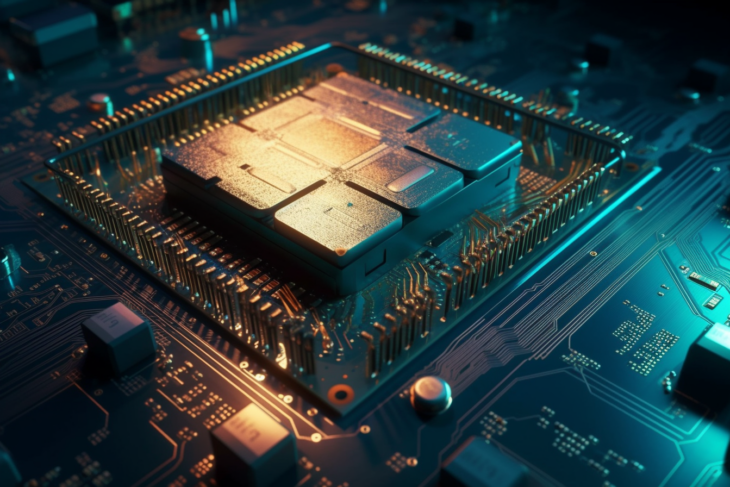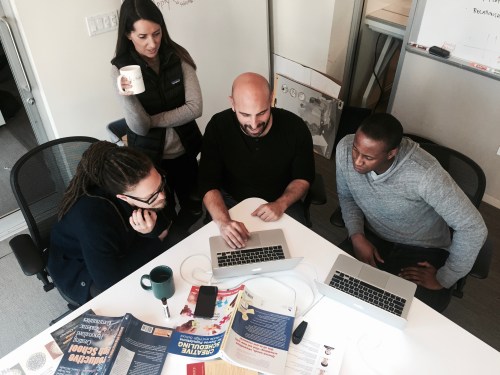
The AGI Clause: Safeguarding Advanced AI
OpenAI, the pioneer of artificial intelligence (AI), is reportedly considering a significant change to its multibillion-dollar agreement with Microsoft. According to sources close to the matter, OpenAI may remove a key clause that restricts Microsoft’s access to its most advanced AI models if and when the company achieves Artificial General Intelligence (AGI). This decision could have far-reaching implications for the future of AI development and potentially attract further investment from tech giants like Microsoft.
What is AGI?
AGI, as defined by OpenAI, refers to a highly autonomous system that outperforms humans at most economically valuable work. The concept of AGI has been a subject of debate among experts in the field, with some arguing that it’s more a theoretical construct than a practical reality. However, OpenAI believes that achieving AGI is crucial for advancing AI capabilities and creating transformative technologies.
Why Remove the AGI Clause?
The AGI clause was introduced as a safeguard to prevent the potential misuse of AGI technology for commercial purposes. This restriction aims to ensure that advanced AI models are developed with responsible innovation in mind, rather than solely for profit. However, removing this clause could incentivize Microsoft and other investors to continue supporting OpenAI financially.
Financial Challenges and Restructuring Plans
OpenAI has faced significant financial demands as it grows rapidly. In a recent appearance at The New York Times’ DealBook Summit, CEO Sam Altman acknowledged the challenges facing the company. "When we started, we had no idea we were going to be a product company or that the capital we needed would turn out to be so huge," Altman said. "If we knew those things, we would have picked a different structure."
In recent months, OpenAI has explored restructuring options to address its financial needs. In September, Reuters reported that OpenAI was considering transitioning to a for-profit benefit corporation, granting Altman equity in the company for the first time and removing the nonprofit board’s control. This move could signal a shift in the company’s strategy toward prioritizing capital over restrictions aimed at safeguarding advanced AI technologies.
AGI’s Role in OpenAI’s Future
OpenAI has positioned AGI as a transformative milestone, with its nonprofit board tasked with determining when AGI has been achieved and taking ownership of the technology. CEO Sam Altman remains optimistic about the timeline, stating, "My guess is we will hit AGI sooner than most people in the world think, and it will matter much less."
What This Means
If OpenAI decides to remove the AGI clause, it could signal a significant shift in the company’s strategy. While this change might attract continued investments from Microsoft and other backers, it raises important questions about the ethical and regulatory considerations surrounding AGI.
For Microsoft, retaining access to OpenAI’s cutting-edge advancements could solidify its position as a leader in AI technology. However, for OpenAI, the decision involves balancing its nonprofit mission against the growing financial needs of its commercial arm. As OpenAI weighs its options, the industry will closely watch for potential changes that could reshape partnerships and influence the development and governance of advanced AI technologies.
Implications and Concerns
Removing the AGI clause could have far-reaching implications for the future of AI development. Some experts worry about the potential consequences of unchecked commercialization of AGI technology, including:
- Lack of transparency and accountability: Without restrictions on AGI technology, it may be difficult to track its use and ensure that it aligns with responsible innovation principles.
- Increased risk of misuse: The removal of safeguards could lead to the exploitation of AGI technology for malicious purposes, such as AI-powered cyberattacks or surveillance systems.
- Regulatory challenges: As AGI technology becomes increasingly sophisticated, governments may struggle to keep pace with regulatory frameworks, leading to a potential governance vacuum.
Conclusion
The decision by OpenAI to remove the AGI clause is a complex issue that involves balancing financial needs against responsible innovation principles. While this change might attract continued investments from Microsoft and other backers, it raises important questions about the ethical and regulatory considerations surrounding AGI. As the industry closely watches for potential changes, it’s essential to consider the implications of unchecked commercialization of AGI technology.
Editor’s Note: This article was created by Alicia Shapiro, CMO of AiNews.com, with writing, image, and idea-generation support from ChatGPT, an AI assistant. However, the final perspective and editorial choices are solely Alicia Shapiro’s. Special thanks to ChatGPT for assistance with research and editorial support in crafting this article.
Sources:
- Reuters: "OpenAI considers transitioning to a for-profit benefit corporation"
- The New York Times: "DealBook Summit" featuring CEO Sam Altman
- OpenAI: "AGI Clause" and "Restructuring Plans"
Related Articles:
















